|
|
|
Editor's note
|
|
There's evidence to suggest that some African countries - among them Ethiopia and The Gambia - are taking big strides towards political liberalisation. But, warn Peter Penar and Carolyn Logan, new research shines a light on "creeping restrictions" in several African countries and a general trend on the continent toward authoritarian behaviour.
The latest World Press Freedom Index, which gauges the state of media freedom in the world, ranks South Africa among countries with a satisfactory level of media freedom, putting it on par with Australia, Canada, France, the UK, Namibia and Ghana, among others. But, as Glenda Daniels writes, there are some worrying trends that need to be watched closely.
|
Thabo Leshilo
Politics + Society Editor
|

|
|
Top stories
|
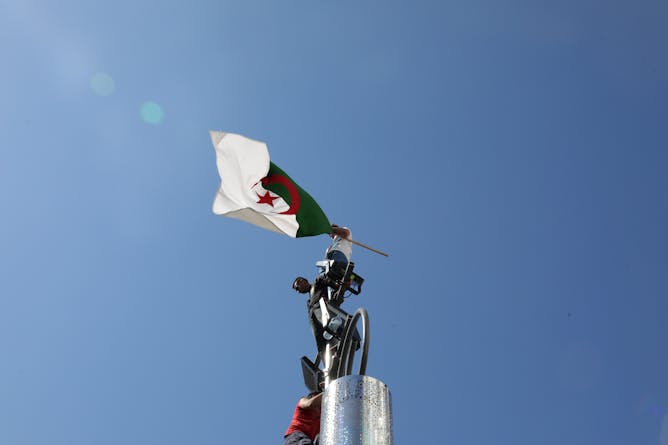
Popular protests in Algeria recently put an end to long-time leader Abdelaziz Bouteflika’s rule.
EPA-EFE/Amel Pain
Peter Penar, Michigan State University; Carolyn Logan, Michigan State University
Government restrictions on individual freedoms in the name of public security is increasing.
|
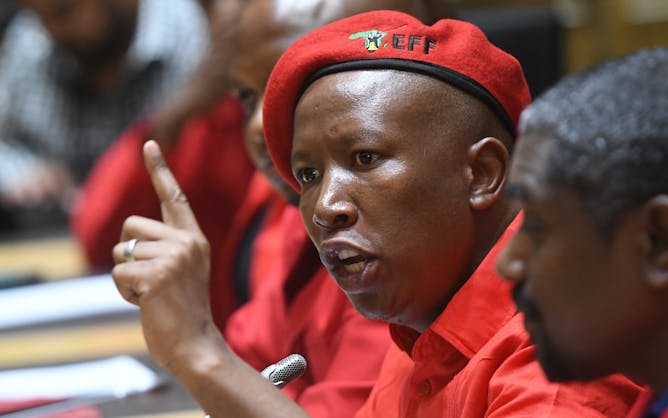
South African politician Julius Malema often attacks journalists.
EPA-EFE/Brenton Geech
Glenda Daniels, University of the Witwatersrand
For democracy to work, the press has to be free.
|
Environment + Energy
|
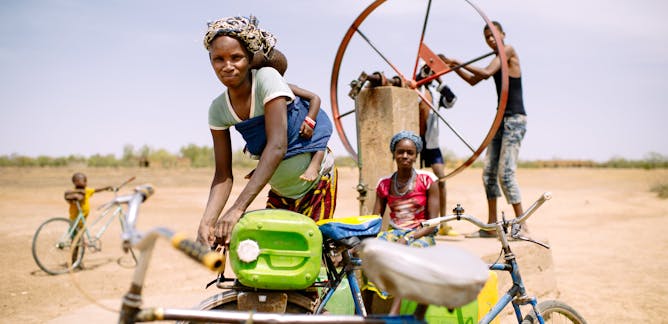
Dalia Saad, University of South Africa
Any policies and interventions around water management can only really be successful if women are included.
| |
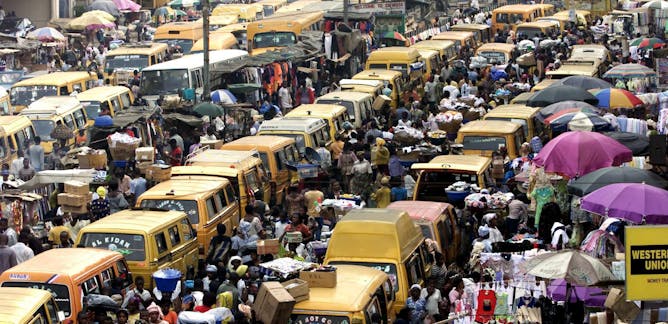
Seth Asare Okyere, Osaka University; Matthew Abunyewah, University of Newcastle; Stephen Kofi Diko, University of Cincinnati
Urban adaptation to climate change is more effective where local citizens participate.
|
|
|
Science + Technology
|
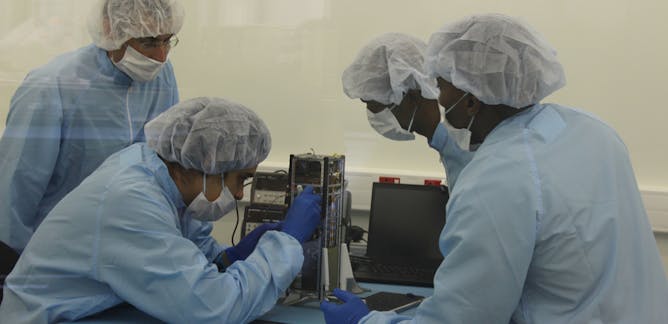
Revel Iyer, Cape Peninsula University of Technology
South Africa's universities are doing well on technology transfer. But the rest of the continent is lagging behind.
| |
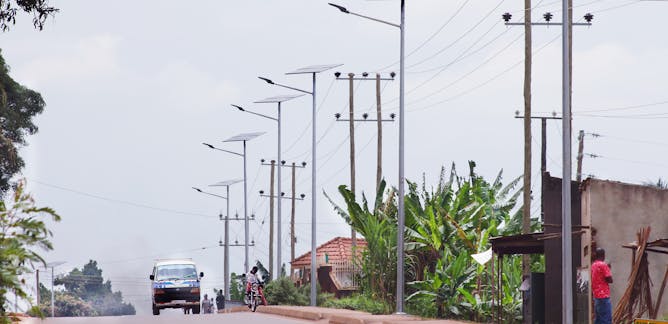
Andrew Sudmant, University of Leeds; Andy Gouldson, University of Leeds
Solar lights can help local governments drastically reduce their spending on electricity bills.
|
|
|
From our international editions
|

Corey Lee Wrenn, University of Kent
The institution of pet-keeping is fundamentally unjust as it involves the manipulation of animals’ bodies, behaviours and emotional lives.
| |
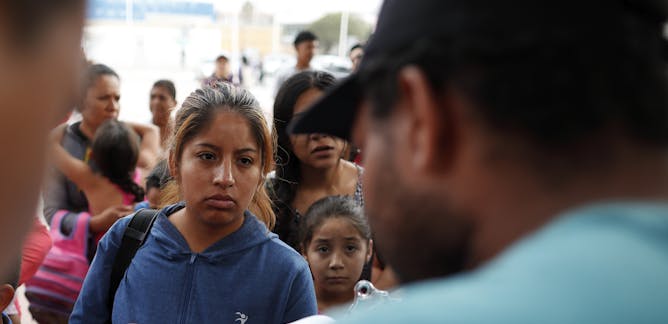
Laurie C. Heffron, St. Edward's University
Reported abuses include serving moldy bread, delaying medical care and subjecting detainees to sexual harassment, sexual assault and bullying.
|
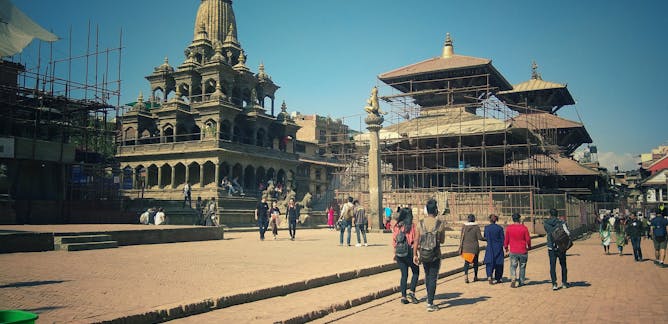
Urmi Sengupta, Queen's University Belfast
Nepal's capital city was devastated by the 2015 earthquake, but rebuilding heritage sites has been fraught with difficulties.
| |
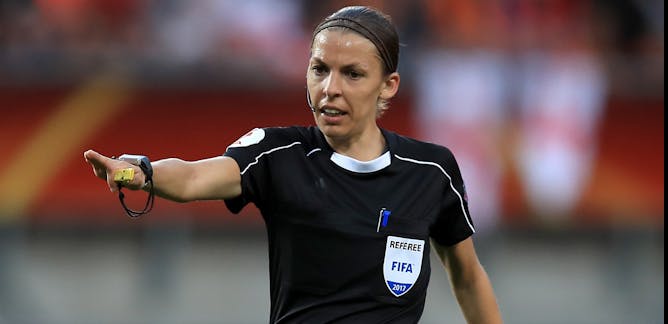
Jonathan Ervine, Bangor University
Stéphanie Frappart's Ligue 1 appointment is well deserved, but the reasoning behind it seems bregruding.
|
|
|
En español
|
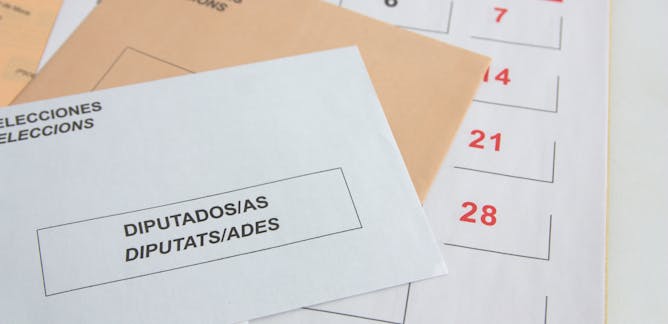
Annick Laruelle, Universidad del País Vasco / Euskal Herriko Unibertsitatea; Aitor Zurimendi Isla, Universidad del País Vasco / Euskal Herriko Unibertsitatea
Reconocer el derecho al voto a los no residentes asegurando a la vez las garantías que tiene todo sufragio es complejo.
Tras la reforma de 2011, la participación bajó del 31,74% al 4,95%.
| |
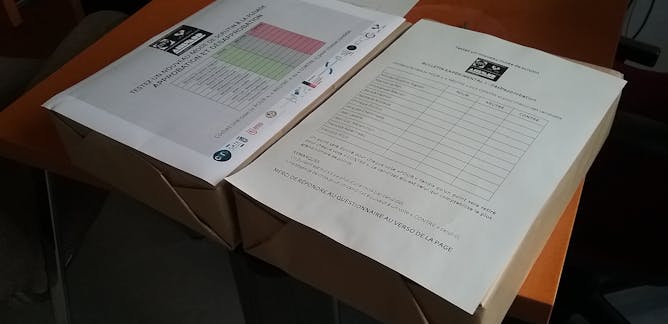
Annick Laruelle, Universidad del País Vasco / Euskal Herriko Unibertsitatea
Las leyes electorales se reforman, pero el modelo de papeletas electorales permanece inalterado. Requieren que el elector vote a favor de un única candidatura. Pero, ¿por qué tenemos solo la posibilidad de votar a favor? ¿Por qué no tenemos opción de votar en contra?
|
|
|
En français
|
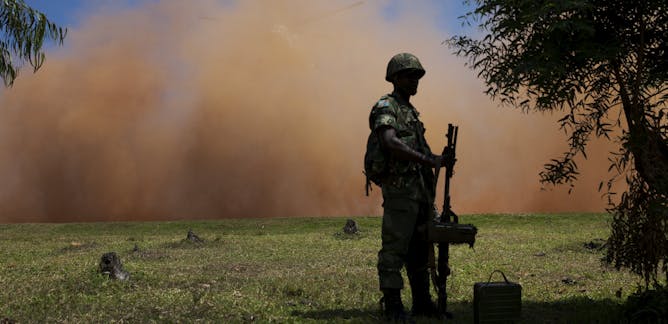
Nicolas Berman, Aix-Marseille Université (AMU)
D’après une étude récente, l’explosion du prix des minerais pourrait expliquer jusqu’à un quart des conflits en Afrique.
| |
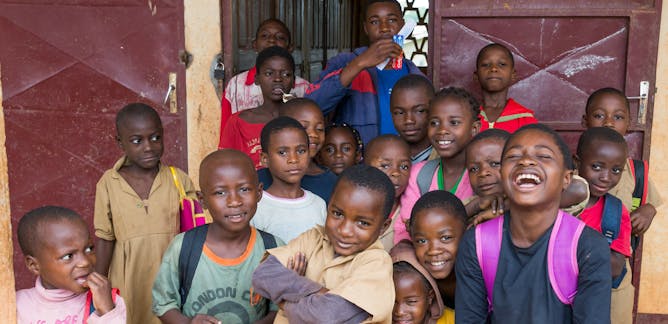
Isabelle Morlais, Institut de recherche pour le développement (IRD)
Ces dernières années, la lutte contre paludisme marque le pas. Un nouveau test permettant la détection précoce de la maladie dans la salive vient raviver l’espoir de faire reculer ce fléau.
|
|
|
| |
| |
| |
| |
Would you like to republish any of these articles?
|
|
It’s free to republish, here are the guidelines.
Contact us on africa-republish@theconversation.com in case you need assistance.
|
| |
| |
| |
| |
|
|
|
|
|
|
|